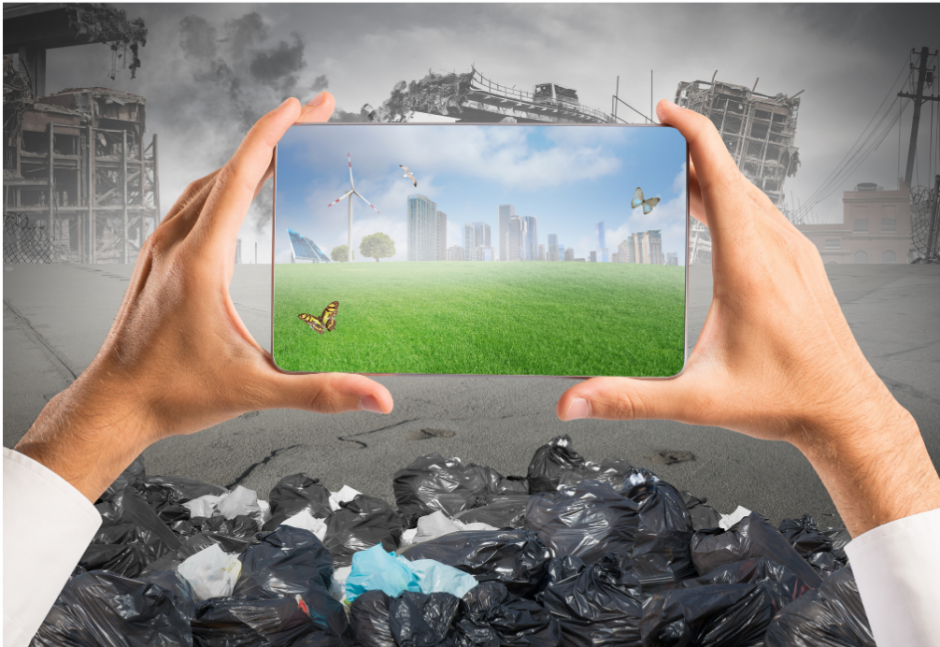On 27 April 2021, ESCR-Net co-hosted an online discussion on land rights. Over 50 members from across Africa, Asia, Latin America, the Middle East, Europe and North America, convened virtually to learn from each other’s experiences and strengthen shared analysis and common narratives on land, historical injustices and the structural causes of human rights and environmental violations related to land. The Networkwide Project on Environment & ESCR, Women & ESCR Working Group and the Economic Policy Working Group led on coordinating the virtual event.
This event aimed to strengthen ongoing collective work on land. More than 50 percent of ESCR-Net members work on land rights. Building on the strong analysis and insights which emerged from this virtual gathering, ESCR-Net members reaffirmed the importance of continuing to advance collective advocacy, action, and litigation to secure land rights for people and the planet.
The discussion contained four intersecting strands of exchange:
Confronting Corporate Power: Challenging the Financialization of Land – the Struggle for Land Rights;
Climate Justice, Biodiversity Protection, and the Land Rights of Indigenous Peoples and local communities;
Protecting our land and environmental rights defenders; and
Fighting for systemic change.
During this event, several members made formal interventions including Debbie Stothart, (ALTSEAN-Burma), Elga Betty Angulo Gutierrez (Confederación Campesina del Perú), Faith Alubbe (Kenya Land Alliance), Gam A. Shimray, (Asia Indigenous Peoples Pact), Xoán Carlos Sánchez Couto (Justiça nos Trilhos), Adam Barnes (Kairos: The Center for Religions, Rights & Social Justice),and S’bu Zikode (Abahlali baseMjondolo). Sofia Monsalve (FIAN International) and Helen Tugendhat (Forest Peoples Programme) moderated the sessions on corporate power and financialization on land, and climate justice and biodiversity protection, respectively.
In the course of the discussion, members recalled that land is a prerequisite for the realization of many human rights, including the right to an adequate standard of living and the rights to food, health, housing, water, a healthy environment, equality, culture and self-determination, among others. While every human life depends on land directly or indirectly, for millions of people, this interdependent relationship with the land is closer still, as these communities depend directly on the land for subsistence, livelihood, social inclusion, and cultural and spiritual survival. However, millions of people lack secure access to, use of or control over adequate land, and others are landless. Corporate land grabbing has arguably intensified during the COVID-19 crisis, and this has in turn been implicated–via corporate capture, including the privatization of public security forces–in the growing repression of environmental rights defenders.
Members mentioned that it is impossible to address the issue of land rights without analyzing the global financial structure and the pressure it exerts on land, as well as forests, fisheries and water. In the words of Sofia Monsalve (FIAN International), “We are not only confronting a company but we are facing a whole global structure: actors, pension funds, capital management funds, tax havens, and these actors are usually clandestine.” Members explored how we must confront a complex capitalist system, which prioritizes profit and growth above rights and sustainability. Faith Alubbe (Kenya Land Alliance) recalled how power imbalance can also be found in the lack of access to information: “So apart from historical land injustices, we have issues of access to information. When you’re talking about access to information, and you’re talking about mega-projects, there’s the delicate balance between disclosure issues and rights to public information… rights to information for communities and to the public in general. Like the issue of profits, like the issue of disbursement of royalties. How much royalties is a company giving to the government and how can communities then be able to claim such […]”
Ecological destruction also continues to grow, and market-based solutions, instead of people’s rights, only make the situation worse. According to Xoán Carlos (Justiça nos Trilhos): “The advance of the green economy proposals, that we know are green capitalism, are a new form of domination of territories, payment for environmental services, and so on. Here in Brazil, this is being carried out in a very violent way, even militarized, with armed militias defending these territories. So what in the north of the world is sold as sustainability and environmental preservation, for us means coercion, violence and imposition.”


